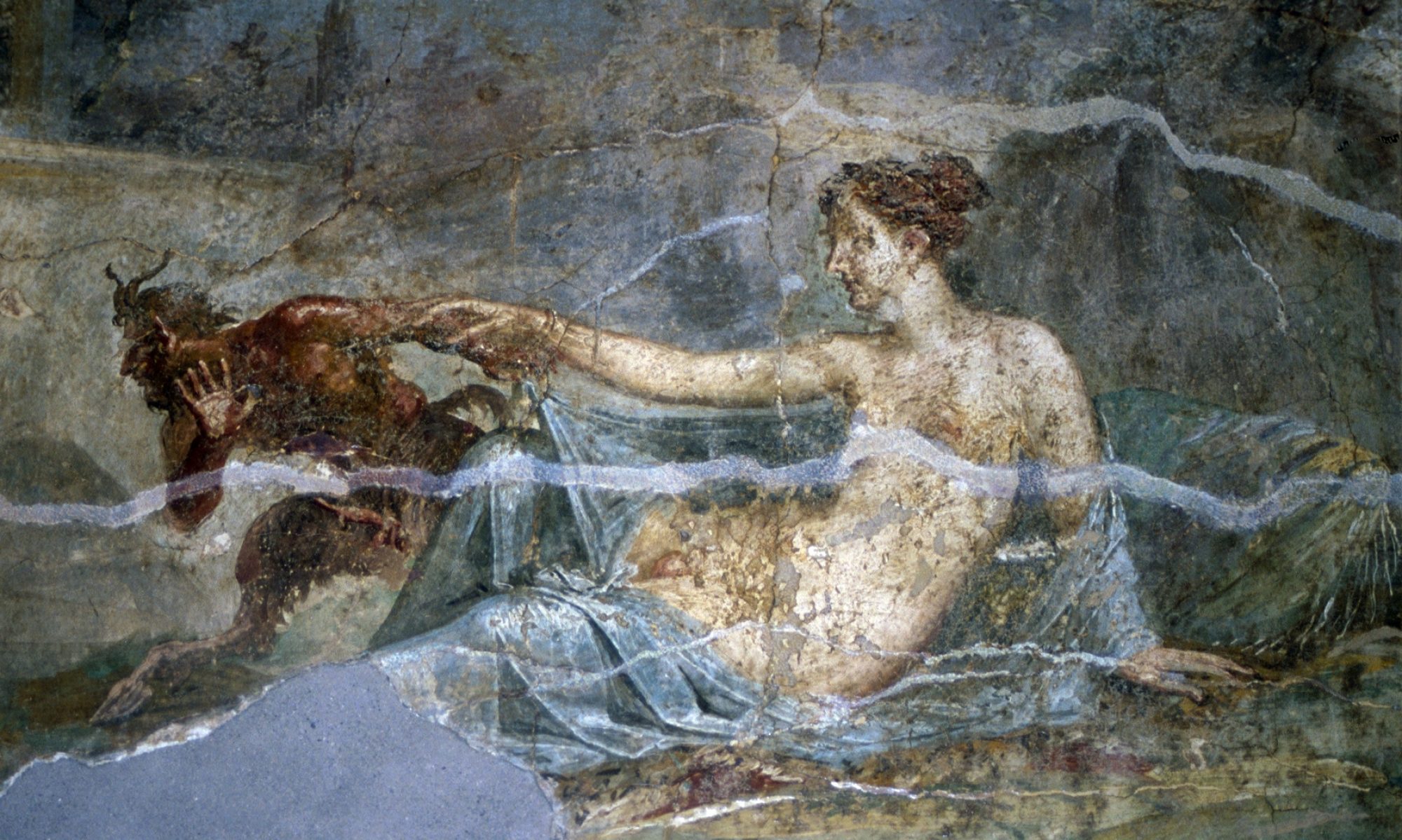
Imagine you’re next to a clear stream and you’ve decided to build a a cairn in the water but you don’t want to get too wet. The bigger the rock you drop in the easier is to aim at the pile you’re making under the water line. You’re going to try to make a nice wide pile under the water to hold up your final stone. I’m here to help you drop some of the rocks. If you build a wide foundation it should get easier to aim and position rocks as you go. But you still need to always be building upward or you’ll never reach the water line. It’s an imperfect metaphor but it might help a little.

I know I’ve been going on a lot about the writing stages but we need to know where we are in the process and have some idea of the overall goals and methods if we want to know how our present work fits in! Developing your thesis is really a refinement of your topic it is how you start to ask more and more specific questions that inform what you investigate in greater depth. In the image above, it is how you adjust your aim to help your stack of rocks narrow. It is particularly important for moving from a “focused survey of primary evidence” to “further targeted investigation”.
Every time you refine your topic and narrow in on your thesis statement you choose better more accurate search terms and you are better at knowing whether what you find is “in” or “out” — relevant to your work or irrelevant (even if it is v interesting!!).
If we look at the bulleted summary of the research process I’ve mentioned on previous occasions, this process of narrowing and refining corresponds to the penultimate (fourth) stage:
- Find a topic that interests you
- Find what others think about that topic
- Find primary evidence
- Develop an informed opinion about that evidence (and what others say about it)
- Express your ideas and relevant material supporting those ideas in a way others expert in the topic an understand
The thing that is tricky about this process is that you must know your own mind! What do you think? NOT what does someone else say and NOT what you find interesting or fascinating, but what is your interpretation of the evidence. This no small potatoes. While originality is not strictly an expectation in an undergraduate course, it is a huge advantage and something to strive after. Frankly, it is also more fun and exciting. As you read texts and look at pictures ask yourself
WHY?!
Why is it said this way?
Why would some one create this or say this?
Why does this author think this thing is true?
Why, why, why?!!
Channel your inner two year old!!
What makes a decent thesis statement?
- It should state a specific defend-able – even narrow – argument.
- It should convey the same limits and subject that your topic/research question pertained.
- While you may have been taught that thesis statements are a single sentence, but for clarity you may, if needed, use up to three.
Examples:
A BAD THESIS:
In Classical Athens women were oppressed by their husbands.
Why? ‘Oppressed’ might be culturally relative or vague. It only limits in terms of time, not evidence, class, status, etc. It may not even be possible to document actual intramarital behavior.
A BETTER THESIS:
In Classical Athens it was culturally normative for husbands to treat their wives in a paternalistic fashion, as is clearly demonstrated by both philosophic and legal texts, as well as the epigraphic evidence.
Why? It uses technical vocabulary with sensitivity. It introduces something which is historically documentable: expectations, but it still talks about actual behavior which is harder (even impossible) to document. It also reveals specific categories of available evidence.
A GOOD THESIS:
Philosophic writings, court cases, and the epigraphic evidence all reveal a uniform expectation that men of citizen status in fifth century Athens should treat their wives in a paternalistic fashion, especially in terms of education and physical protection.[1]
Why? It at once names the evidence in question and argues that for continuity with in that evidence. It identifies the exact group of individuals in question in a specific temporal frame work. It makes an assertion about something which is historically documentable: expectations. And, is very specific about the nature and type of those expectations.
[1] A thesis need not be true to be well formed!
